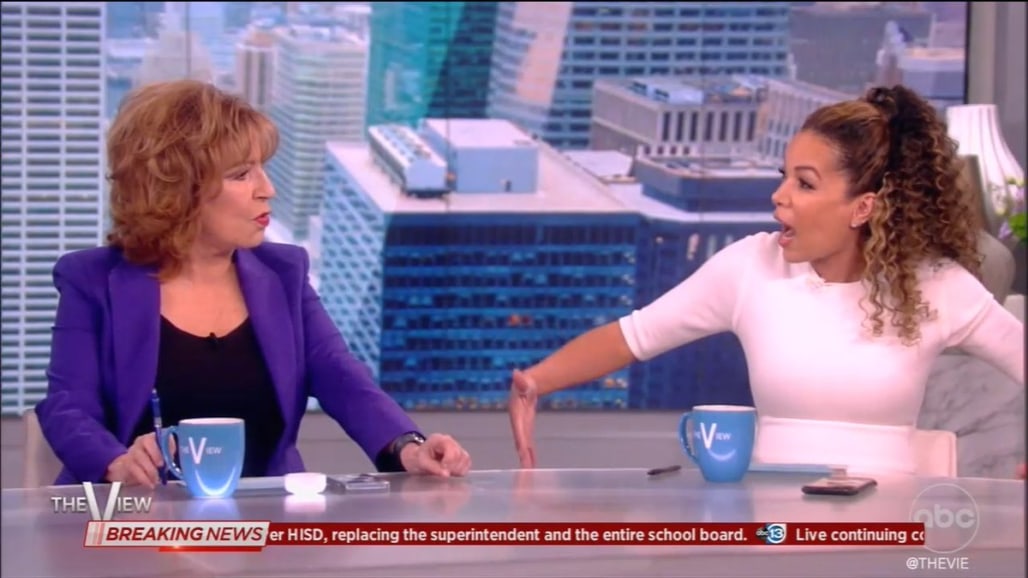A guess, not a certain argument from clear evidence.
The common wisdom about lockdowns is that the laptop class protected itself at the expense of the people who kept driving trucks and stocking shelves in the dangerous world to support their withdrawal.

For example:

Withdrawing, the laptop class was safe; going to work and circulating in the world, the working class was in danger. They were face-to-face with a deadly virus!
But my growing suspicion is that the withdrawal of high status professional groups into safety will prove to be a descent: into persistent neurosis, a prolonged habit of fearful behavior, joylessness and sustained isolation, purposelessness, family disconnection, and so on — a kind of habituation to a gilded cage. Imagine not setting foot in a supermarket for three years, and feeling like it was an accomplishment you wanted to tell people about on television. I was trying to get at this in my recent post on the politics of debilitation, and didn’t quite nail it, because I’m still working on it. We were already seeing mental health divergence on gender/race/class lines a while ago:


But I also think we’ll see over time that the withdrawal into healthy behaviors — lots of masking, lots of isolation and distancing, lots of good safe Zoom meetings, plenty of filtered air — will turn into a slow form of physical ruin, starting with declining immune systems and muscle atrophy. And that’s before we get to the health effects of the mRNA injections.
I’ve always found the idea of “chronic suicide” compelling. You can’t google it up, because you’ll just get results on chronic suicidal ideation, which is not what the term means. Chronic suicide distinguishes from acute suicide — from killing yourself in a hurry by jumping off a bridge. Someone engaged in chronic suicide is burdened with self-hatred that manifests in constant hard drinking, or this, or whatever form of health-destroying self-destruction will cause premature death in a while. (Apparently The Whale was about a chronic suicide, but I didn’t see it.) My impression now is that a growing number of high-status people in affluent societies are engaged in chronic suicide through forms of persistently debilitating fear and withdrawal. To be safe!
In the long run, then, it seems quite possible to me that the people who were fortunate enough to withdraw to the safety of working from home will, on average, do less well than the people who were burdened with the supposed dangers of work outside the house. My guess is that the people who got the better deal out of lockdowns didn’t get the better deal.


What do their lives look like in five years?
The ironies go on forever. Lockdowns and border closures will cause years of food insecurity and severe global poverty among people who already lived with insecurity. In poor countries, the poor will be hurt by lockdowns for years after they ended. But in wealthy countries, excessive comfort and safety is debilitating high status people. And the flood of free government money that floated the boats of the laptop class, in the patron-client relationship between government and the government-proximate, is producing consequences that threaten the laptop class along with everyone else.
But whatever else happens, one question: If you could fly back to the summer of 2020 and tell the highly credentialed people who were withdrawing into safety by working from home what their lives would be like in 2023, would you tell them they were going to be healthier?



The most frequent command in the Bible is do not be afraid.
I never quite thought of it from that perspective. As a retired person the pandemic lockdowns didn't impact my income or my working situation, obviously. I did, however, rail at the lockdowns and took every opportunity I could find to get out and defy what the ruling class was telling me to do. Maybe it was the rebel in me, or maybe it was just the common sense of having been around for six plus decades. And throughout all of that, I didn't get a case of COVID until visting friends actually brought it into my house. Oh the irony.